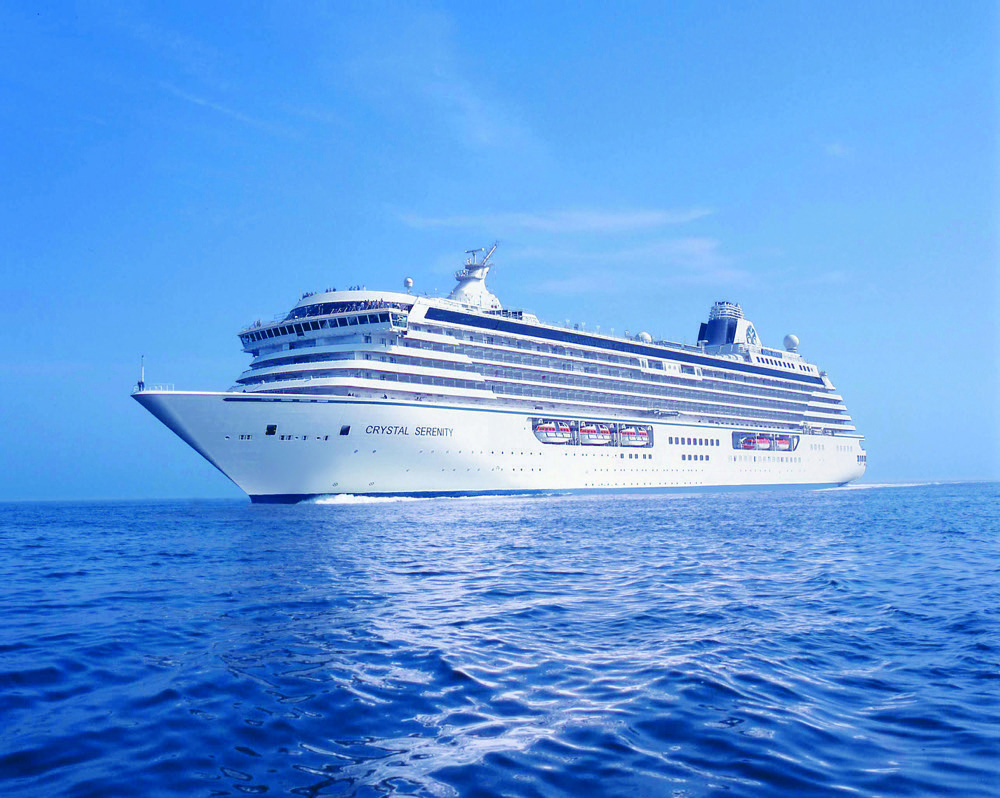On 3 October, The Panama Canal Authority (ACP) will launch a new reservation category – the ‘NetZero Slot’ – designed to reward vessels powered by low-carbon fuels and equipped with dual-fuel technology.
Under the scheme, one Neopanamax slot per week will be reserved for eligible vessels, with the first competition taking place on 3 October for transits scheduled between 2-8 November. Ships must be registered as dual-fuel and capable of running on fuels with a well-to-wake carbon intensity of no more than 75g CO₂e/MJ. This threshold excludes fossil LNG on its own but allows dual-fuel engines capable of operating on renewable or low-carbon alternatives such as green methanol, green ammonia, bio-LNG or bio-LPG.
The ACP said: ‘The NetZero Slot is part of the Panama Canal’s commitment to reward and incentivise investments in energy efficiency and low-carbon fuels. As the shipping industry and its value chain progresses toward net-zero emissions, we will continuously update the eligibility criteria to recognize and support these efforts.’
Successful applicants will benefit from priority treatment, including the right to choose a specific transit date, guaranteed passage within 24 hours, and access to the canal’s Just-in-Time service. Vessels may also exchange or substitute ships of equivalent specification within the same booking.
Eligibility will not be determined by auction but by a prioritisation model, giving preference to loaded vessels, those with higher capacity under the Panama Canal Universal Measurement System, and those contributing more through tolls and associated services.
Deputy Administrator and Chief Sustainability Officer at ACP, Ilya Espino de Marotta, commented that: ‘The NetZero Slot is an unequivocal signal of our commitment to sustainability and the competitiveness of global trade. Through this initiative, we aim to support our customers in the transition toward a low-emissions future.’
For shipowners, the benefits go beyond operational flexibility. By tying congestion relief to carbon intensity, the ACP is offering tangible commercial incentives for investment in low-carbon technologies. Industry commentators suggest the move could accelerate dual-fuel newbuild orders and retrofits, while providing validation for renewable methanol, ammonia and advanced biofuels.
The policy comes ahead of the International Maritime Organization’s forthcoming Sustainable Fuel Certification Scheme, which will standardise greenhouse gas intensity assessments for marine fuels. Once in place, it will provide a framework for verifying compliance with the NetZero Slot’s eligibility criteria.
The ACP has also set out a ten-year roadmap that includes infrastructure projects such as the Río Indio Reservoir and the Interoceanic Energy Corridor. Together, these initiatives aim to strengthen the canal’s position not only as a transit route but as a broader logistics and energy hub.





